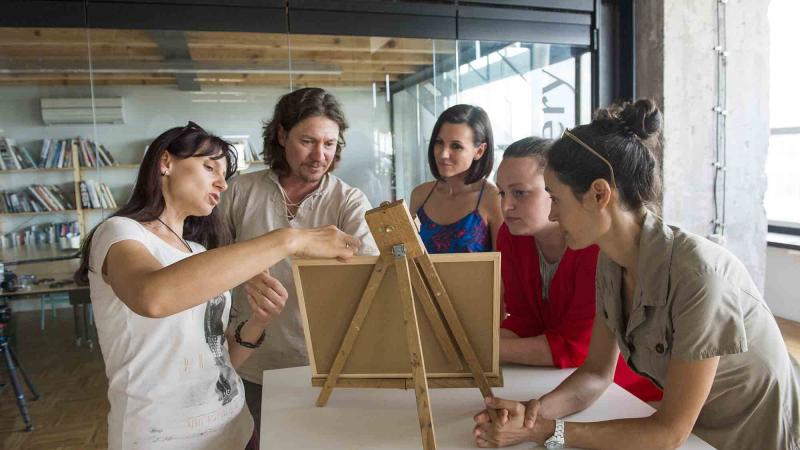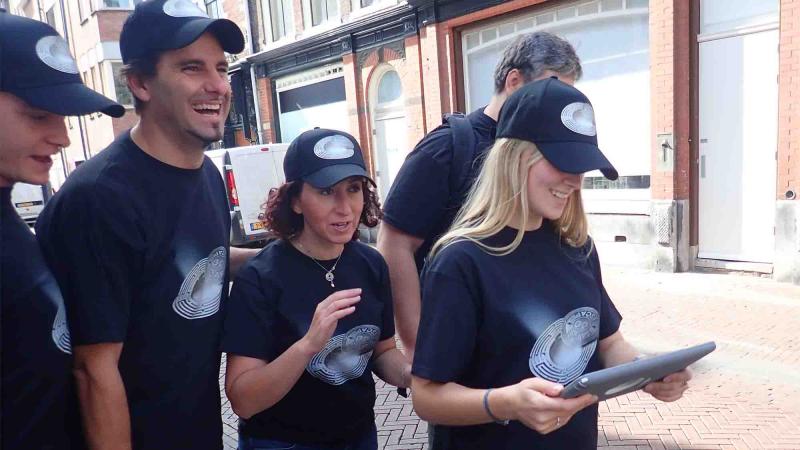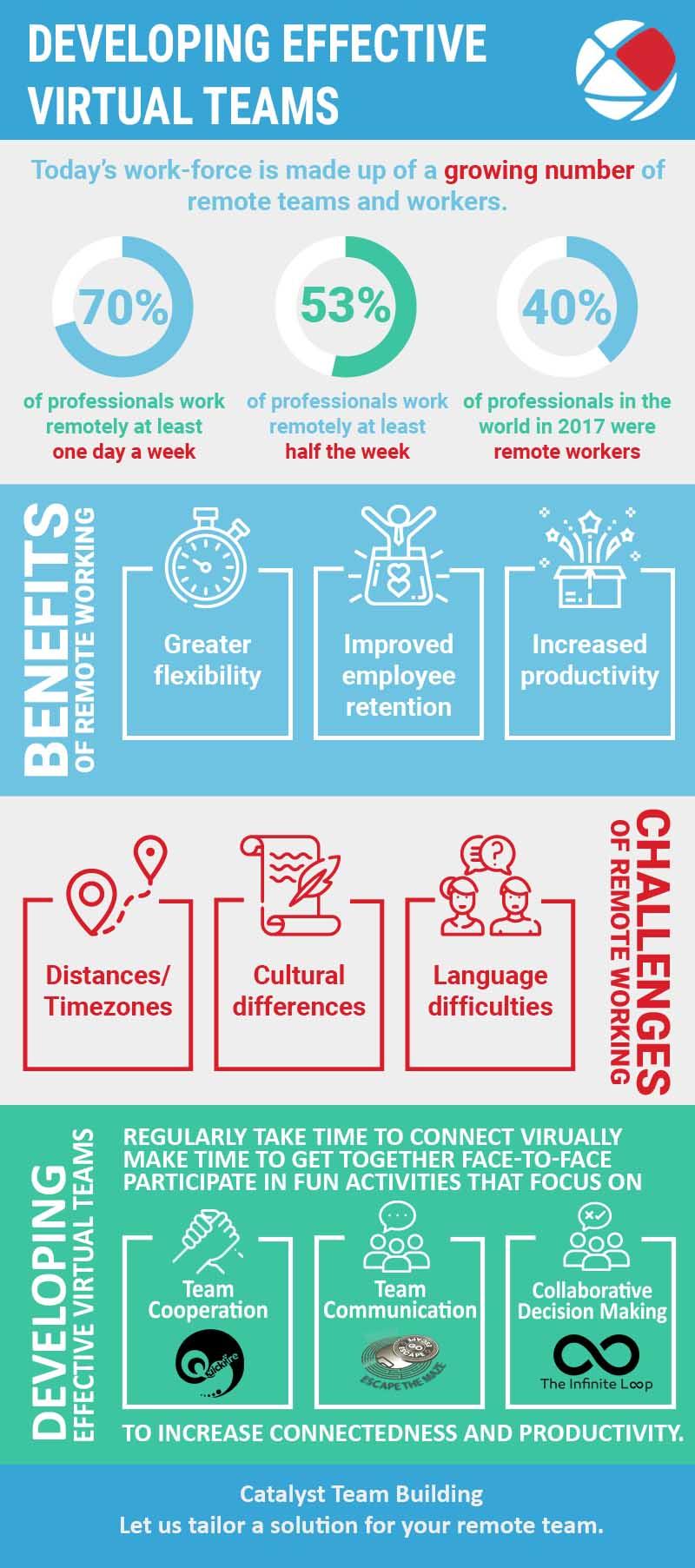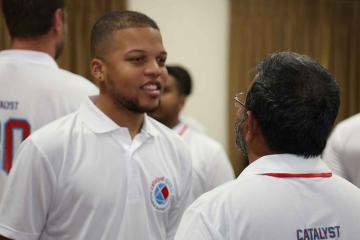If you are a remote worker like me, you will know the freedom this brings. Within reason, you can live where you like and set your hours. I’m a sports fanatic who loves to travel, so working remotely suits my lifestyle. However, it comes with its challenges.
Globalisation is driving the growth of telecommuting. According to a study by Strategy Analytics, “The global mobile workforce is set to increase from 1.52 billion in 2017, accounting for 39.3% of the global workforce, to 1.88 billion in 2023, accounting for 43.3% of the global workforce.” According to IWG, already 70 percent of professionals work remotely at least one day per week, while 53 per cent work remotely for at least half of the week.
All the same models of team effectiveness apply to remote teams but in some ways even more, because they are subject to the tyranny of distance and the geographic, cultural and linguistic challenges that it brings. Effective virtual teams are guided by astute leaders who establish in the group clear processes that support positive team dynamics.

Shared Culture and Connectedness
Positive company culture is integral to employee engagement and job satisfaction. It increases employee loyalty and is linked to higher rates of productivity. Shared context helps foster trust and interdependency, leading to open communication, teamwork and collaboration, factors that are vital to effective teams with remote workers.
There are various ways leaders can foster collective identity and understanding in virtual teams. To create a culture of performance, purpose, and meaningful work, start by discussing team culture together. Finding out what matters to individuals will help to create a culture appropriate to the team.
In virtual teams, social distance causes a lack of shared identity. A common complaint of remote workers is that they find building trust and connection with their colleagues challenging. This can mean that workplace politics are more prevalent, and conflict is trickier to resolve.
Despite being remote, shared responsibilities, collective decision making, and regularly engaging in conversations will help develop cognitive interdependency. Encouraging a culture of information sharing and collaborative tasks assists in developing transactive memory.

Scheduling time to get together face-to-face to participate in team building activities that focus on targeted team behaviour, will realise gains in connectedness and productivity. In virtual reality game, The Infinite Loop, participants take turns in wearing a one team member at a time wears a VR headset to describe the virtual world, while the teammates in the real world have the solutions. Iterative learning, combined with continuous feedback, is a novelty for remote workers and can quickly develop collaboration and effective communication skills in remote teams.
Another such program, Integrity offers a safe context in which to orientate appropriate behaviour, examine company culture, create pro-active discussion, and prompt cohesive team decision making.
Healthy workers are happier and more productive. A common complaint of remote workers is they work more hours, don’t take breaks and have little clear distinction between home and work life. Discuss these issues as a group and find strategies to encourage healthy habits. Consider investing in wellness app such as mindfulness meditation for the team. Meditainment Online! can be done anywhere, anytime and is proven to promote positive thinking, good sleep habits and relieve stress.
Strategies that increase a sense of belonging and inclusiveness can be as simple as socialisation rituals such as celebrating birthdays. More difficult to do when working remotely but not impossible.
Collective social purpose has positive effects on team bonding, creating a shared identity. At Catalyst we contribute collectively to meaningful causes through global giving organisation B1G1. This reinforces our shared culture of giving.

Communication
For remote workers, most interactions are done over the phone or via technology. Lacking in body language and immediate response leaves this type of communication open to interpretation, which in turn causes confusion and anxiety. Further, remote teams often span various cultures. This creates considerations around tone, writing style and even choice of communication tools. Humour or a lighthearted quip may seem appropriate in one culture but rude in another.
Creating an opportunity for individuals to voice how they prefer to communicate and in turn, to develop an understanding of the preferences of others can significantly assist in establishing effective communication protocol and choosing the right communication tools. Video conferencing instead of voice calls can help bring some body language into a conversation. Taking steps to develop shared norms of communication can increase its predictability and certainty.
Numerous studies show, however, that face-to-face communication is far more effective than digital communication, so where possible creating the opportunity for virtual workers to connect in-person will have the most significant effect on developing connectedness.
Getting together face-to-face to participate in experiential business games that increase awareness and appreciation of individual difference, as well as strengths, can boost team dynamics in remote teams exponentially. Tablet-based team building activity, Escape the Maze, is a fun and engaging way to bring awareness to accountability and responsibility in collective tasks, as well as improve team dynamics and develop shared experience.

Virtual teams will continue to increase. Through fostering shared culture and developing a transparent protocol of engagement remote teams can thrive. To be effective, however, teams need to come together in the same geographical location from time to time. Capitalising on these face-to-face meetings with targeted experiential learning games and team building activities that model desired team behaviours will ensure virtual teams can be effective teams



